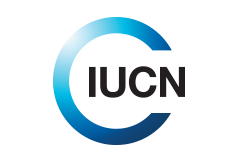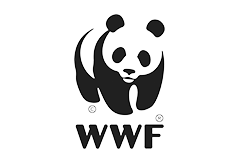WHO WE ARE
The seven international conservation organizations that make up the CIHR work in more than 120 countries around the world.
Collectively, we partner with thousands of individuals, indigenous peoples and local communities, national and international non-governmental organizations (NGOs), governments, businesses, universities and other actors. We employ more than 22,300 people around the world, who work every day to improve human well-being and environmental sustainability. The scale of our potential impact on the conservation community is enormous, and this was one of the main drivers behind the formation of the CIHR.












